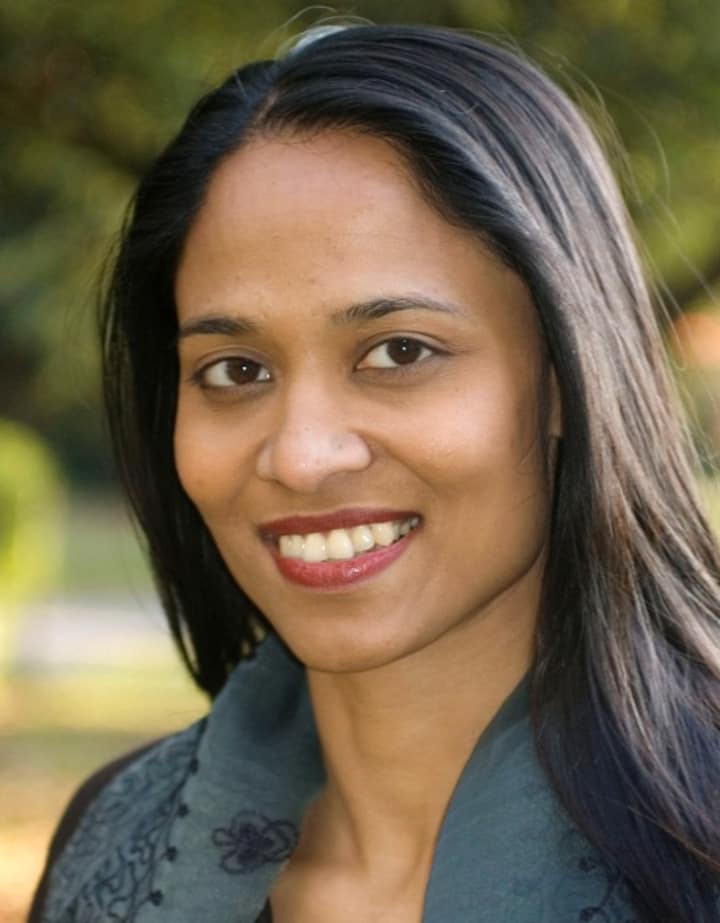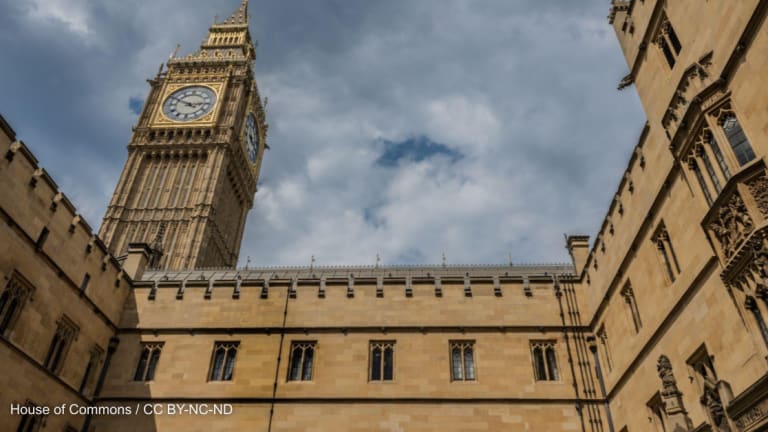
Rushanara Ali may be one of the newest faces in the House of Commons, but she has become a leading figure on international development cooperation.
As shadow parliamentary undersecretary of state for international development, Ali is Labour’s spokeswoman on aid issues relating to Asia, the Middle East and North Africa, international finance and trade wealth creation, the private sector, and conflict and stabilization. Ali is the first member of parliament born in Bangladesh and one of the first female Muslim MPs.
She’s one of today’s most influential development leaders under 40 in London.
Devex is recognizing 40 of these young London-based trailblazers in international development. They are social entrepreneurs, government leaders, development consultants, business innovators, advocates, development researchers, nonprofit executives, philanthropists and investors.
We asked Ali about her leadership and vision for development cooperation. Here’s what she said:
As a member of the opposition, what specific impact have you had on the ongoing U.K. aid reform?
Since the general election, we have worked hard to both hold the government to account on international development issues and shape a renewed Labour vision that looks ahead to what Britain’s international development policy should look like for the coming decades. That means thinking about international development in a radically new way.
Our focus must not only be to tackle poverty but also global inequality within and between countries. To achieve this development policies must be central to the agendas of climate change, foreign affairs and trade. We need a new kind of relationship where donor and recipient countries are genuine partners.
We have kept the pressure on the Conservative-led government to keep the promise to increase UK aid to 0.7% of GNI. We’ve also pushed the government to ensure they are upholding their pledges on aid effectiveness and transparency, particularly on the international stage where their action on transparency for the extractive industries is yet to match up with their rhetoric.
Looking ahead we are building a vision for international development that takes into account the increasing role of the private sector in development and rebuilds the right kind of relationship between aid, trade and human rights.
As a first-time Labour member of parliament, how do you make your voice heard among senior members of your own party?
It’s all about teamwork. No one individual can represent the Labour Party position on a whole policy area. From the shadow secretary of state down we have to work together to ensure we can properly hold the Government to account.
Over the past year, I had the privilege of working under Harriet Harman, and am really excited about working with Ivan Lewis in his new role as shadow secretary of state for international development. Ed Miliband has shown repeatedly that he values the insights and ideas of his entire team including those of us who were recently elected.
What is your vision for U.K. engagement with the Muslim world?
In the post Iraq context, the UK needs to continue to re-build trust and partnership with the Muslim world. The Arab Spring has been an inspiration to the world and provides a vitally important opportunity for the UK and other western countries to support the people of the Arab world who have demonstrated their desire for freedom and self-determination. That requires principled action and a firm commitment to challenging those leaders that fail to respect the will of the people.
Britain also needs to play a much more active international leadership role in pushing for a lasting settlement between Israel and Palestine which is the source of great discontent in the Muslim world. We must make sure that development assistance continues to be offered to the Palestinian people who are victims of both the conflict and poverty.
Read more about the Devex 40 Under 40 International Development Leaders in London.




